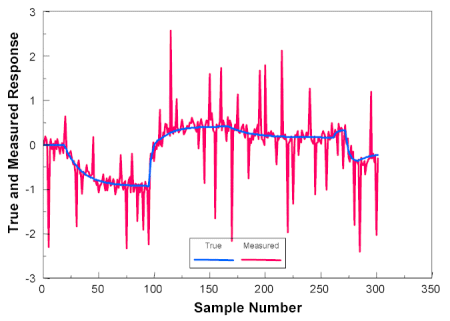Difference between revisions of "High dynamic range torque control"
From Granite Devices Knowledge Wiki
| [checked revision] | [checked revision] |
| Line 1: | Line 1: | ||
| − | [[File:Noise1.gif|450px|thumb|All measured signals differ more or less from the true physical value. HDRT aims to minimize error and noise of measured phase currents. | + | [[File:Noise1.gif|450px|thumb|All measured signals differ more or less from the true physical value (general example image). HDRT aims to minimize error and noise of measured motor phase currents.]] |
'''Torque control''' is the most important single instrument present in modern motor drives. All operations drive does, are handled finally by a torque controller - even if motor is being operated in velocity or positioning modes. | '''Torque control''' is the most important single instrument present in modern motor drives. All operations drive does, are handled finally by a torque controller - even if motor is being operated in velocity or positioning modes. | ||
Revision as of 20:45, 13 June 2013
Torque control is the most important single instrument present in modern motor drives. All operations drive does, are handled finally by a torque controller - even if motor is being operated in velocity or positioning modes.
High dynamic range torque control a.k.a. HDRT is a torque control technology built in VSD-E/XE series and Argon servo drive series. HDRT yields approximately 14 bits of torque resolution which is 16 times higher compared to standard 10 bit torque resolution found from typical drives. HDRT has been implemented by using on-the-fly adjusting current sensor gain control combined with low noise electronics and at least 16 bit digital signal path inside the drive.
Applications
HDRT helps following ways:
- Smoother motion with high resolution feedback
- Quiet operation, no hiss from motor
- Allow supporting wide power range of motors within single drive
Big text
